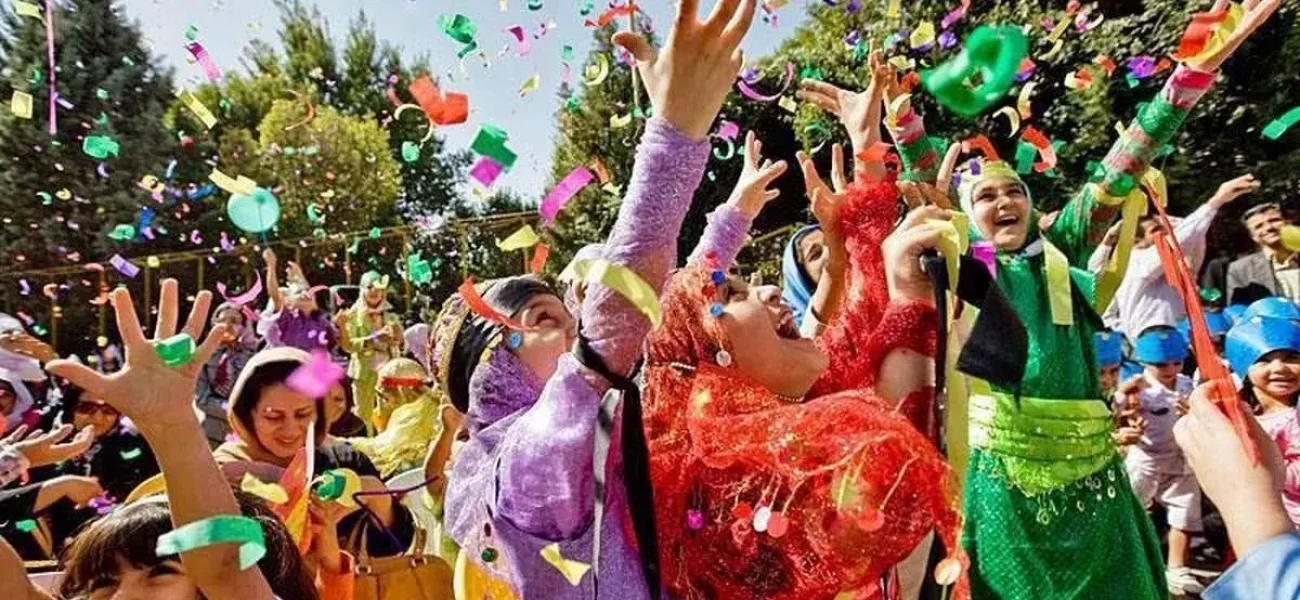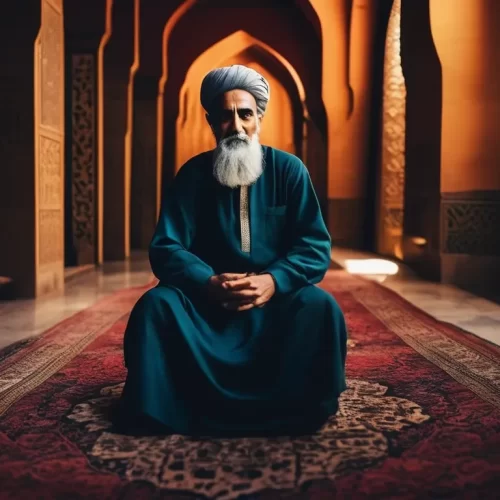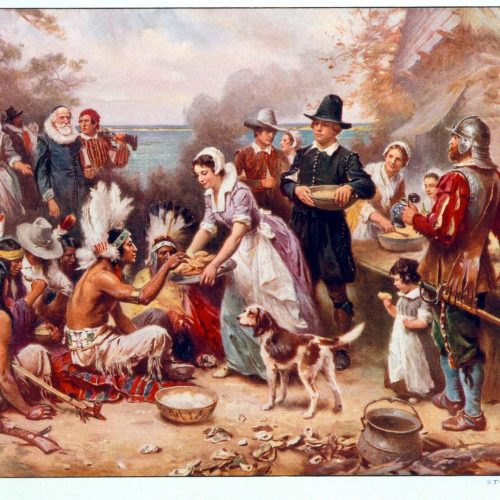The Amordadegan Festival, one of the most revered and vibrant celebrations in Iranian culture, encapsulates centuries of tradition, spirituality, and community spirit. This ancient festival, held in honor of the Zoroastrian deity Ameretat (Amordad), embodies the timeless values of immortality, growth, and renewal. The festival is deeply rooted in the spiritual and social fabric of Iranian society, offering a unique lens through which we can explore the intricate interplay between culture, history, and identity in Iran. In this article, we delve into the origins, significance, rituals, and contemporary relevance of the Amordadegan Festival, weaving a narrative that celebrates the enduring spirit of this remarkable tradition.
Origins and Historical Context
The Amordadegan Festival, also known as Mordadgan, traces its origins to the pre-Islamic Zoroastrian era, a time when the ancient religion of Zoroastrianism flourished in Persia. Zoroastrianism, one of the world’s oldest monotheistic religions, was founded by the prophet Zoroaster (or Zarathustra) around the 6th century BCE. Central to Zoroastrian belief is the worship of Ahura Mazda, the supreme god, and the celebration of the Amesha Spentas, the holy immortals who represent various aspects of creation.
Amordad, one of these divine beings, symbolizes immortality and eternal life. The Amordadegan Festival, dedicated to Amordad, is traditionally celebrated on the seventh month of the Zoroastrian calendar, Mordad (July-August), on the day of Amordad. This festival marks a period of profound spiritual reflection and communal joy, where the themes of life, death, and rebirth are poignantly interwoven.
Historically, the Amordadegan Festival was a time of great festivity and communal gatherings, where people would come together to honor the divine, share food, and partake in various rituals aimed at fostering a sense of unity and continuity. Over the centuries, despite the numerous cultural and political changes that have swept through Iran, the essence of Amordadegan has endured, adapting and evolving while maintaining its core values and practices.
The Significance of Amordad
To truly appreciate the Amordadegan Festival, one must understand the profound significance of Amordad within Zoroastrian cosmology. Amordad, whose name means “immortality” or “non-dying,” is the embodiment of eternal life and the guardian of plant life. As one of the Amesha Spentas, Amordad plays a crucial role in the maintenance and protection of the natural world, symbolizing the enduring connection between humanity and the environment.
In Zoroastrian theology, Amordad is often paired with Khordad (Haurvatat), the Amesha Spenta of wholeness and health. Together, they represent the twin aspects of existence: physical health and spiritual immortality. The celebration of Amordadegan thus serves as a reminder of the importance of maintaining balance and harmony in one’s life, emphasizing the interdependence of the material and spiritual realms.
The themes of immortality and renewal are particularly resonant in the context of Iranian culture, where the cyclical nature of life and the perseverance of the human spirit are recurrent motifs. The Amordadegan Festival, with its focus on honoring the divine and celebrating the vitality of life, offers a powerful testament to the resilience and enduring spirit of the Iranian people.
Rituals and Celebrations
The Amordadegan Festival is characterized by a rich tapestry of rituals and traditions, each imbued with deep symbolic meaning. These practices not only honor Amordad but also foster a sense of community and shared cultural identity among participants.
1. Preparation and Purification
In the days leading up to the festival, households engage in thorough cleaning and purification rituals, reflecting the Zoroastrian emphasis on cleanliness and order. This practice, known as “khaneh tekani” (house cleaning), is believed to ward off evil spirits and create a sanctified space for the celebrations. Special attention is given to the maintenance of gardens and plants, symbolizing the connection to Amordad and the natural world.
2. Offering and Prayers
Central to the festival is the preparation of an elaborate table setting known as the “sofreh,” adorned with various symbolic items, including fruits, flowers, and sweets. These offerings are meant to honor Amordad and invoke blessings for health, prosperity, and longevity. Participants gather around the sofreh to recite prayers and hymns from the Avesta, the sacred Zoroastrian texts, seeking divine guidance and protection.
3. Communal Feasting and Festivities
The Amordadegan Festival is marked by communal feasting and joyful gatherings, where families and friends come together to share meals and celebrate. Traditional dishes, often featuring seasonal ingredients and local specialties, are prepared with great care and shared among attendees. Music, dance, and storytelling are integral to the festivities, providing a vibrant and dynamic atmosphere that reinforces social bonds and cultural continuity.
4. Nature Walks and Planting
Given Amordad’s association with plant life and nature, outdoor activities play a significant role in the celebrations. Participants often embark on nature walks, visit gardens, and engage in tree-planting ceremonies, symbolizing the renewal of life and the perpetuation of Amordad’s blessings. These activities serve as a poignant reminder of the importance of environmental stewardship and the enduring connection between humanity and the natural world.
Contemporary Relevance and Adaptation
While the Amordadegan Festival has its roots in ancient traditions, its relevance and appeal have persisted into the modern era, adapting to contemporary contexts while preserving its core values. In today’s rapidly changing world, the themes of immortality, renewal, and environmental consciousness resonate deeply with many Iranians, providing a sense of continuity and cultural identity.
1. Revitalization of Traditions
In recent years, there has been a concerted effort to revitalize and promote traditional festivals like Amordadegan, particularly among younger generations. Cultural organizations, community groups, and educational institutions have played a pivotal role in organizing events, workshops, and educational programs that highlight the historical and cultural significance of the festival. These initiatives aim to foster a deeper appreciation of Iran’s rich heritage and ensure the transmission of traditional knowledge to future generations.
2. Environmental Awareness
The ecological themes inherent in the Amordadegan Festival have gained renewed importance in the face of contemporary environmental challenges. The festival’s emphasis on the sanctity of nature and the interdependence of all living beings aligns with modern environmental movements advocating for sustainability and conservation. By integrating traditional practices with contemporary environmental awareness, the Amordadegan Festival serves as a powerful platform for promoting ecological responsibility and stewardship.
3. Social Cohesion and Community Building
In an increasingly globalized and interconnected world, the Amordadegan Festival offers a valuable opportunity for fostering social cohesion and strengthening community ties. The communal nature of the celebrations, with their emphasis on shared meals, collective rituals, and cultural expressions, helps to reinforce a sense of belonging and solidarity among participants. This sense of community is particularly vital in times of social and political uncertainty, providing a source of comfort, resilience, and hope.
The Amordadegan Festival stands as a testament to the enduring spirit and rich cultural heritage of the Iranian people. Through its celebration of immortality, renewal, and the sanctity of nature, the festival encapsulates the timeless values that have shaped Iranian society for millennia. As we reflect on the rituals, traditions, and contemporary relevance of Amordadegan, we are reminded of the profound connection between past and present, and the enduring power of cultural traditions to inspire, uplift, and unite.
In a world marked by rapid change and uncertainty, the Amordadegan Festival offers a beacon of continuity and resilience, a celebration of life in all its fullness and complexity. It is a vivid reminder that, despite the passage of time and the vicissitudes of history, the spirit of Amordad endures, a symbol of the eternal cycle of life, death, and rebirth that lies at the heart of the human experience.




